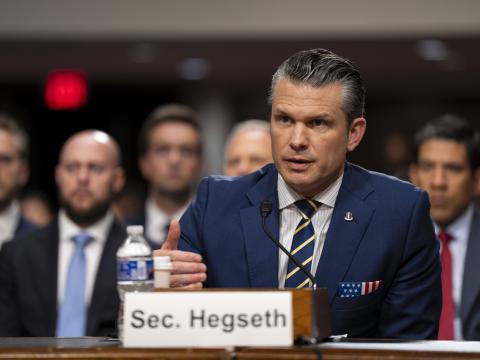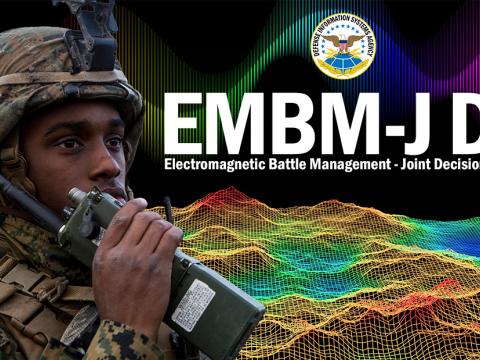Good News on the Public Safety Funding Front
Recent legislation is opening the doors for public safety organizations to do more in the wireless broadband realm. Among the benefits is improved collaboration among emergency service organizations and additional dollars that will be spent to improve communication capabilities.
Recent legislation is opening the doors for public safety organizations to do more in the wireless broadband realm. Experts in the field discussed the ramifications of H.R. 3630 Title VI, which the president signed into law last month, during the first Thursday panel at the AFCEA International Homeland Security Conference. The benefits include improved collaboration among emergency service organizations and additional dollars that will be spent to improve communication capabilities. The FCC currently is putting together the Public Safety Interoperability Advisory Board. Experts from a number of areas will be needed to serve on the board, including members of state and local emergency response personnel and industry. The new law comes with $7 billion that will reside in the Public Safety Trust Fund. Approximately $2 billion will be spent prior to spectrum auctions, and RFPs soon will be announced that ask companies to show how they can leverage current communications wireless infrastructure to improve public safety capabilities. If the national RFP structure does not meet the needs of state and local organizations, these groups have the opportunity to opt out of it and demonstrate their own processes to meet their needs. The National Institute of Standards and Technology (NIST) will conduct initial research and development with preliminary funding of $100 million and an additional $200 million if spectrum auction intake exceeds $27.6 billion. In addition, the National Telecommunications and Information Administration will move forward on a next-generation 9-1-1 system funded by a $115 million grant. Panelist Dan Phython, division chief, Office of Emergency Communications, DHS, emphasized that this law offers many financial opportunities, so government agencies and companies alike must look at it very carefully. "If you can't figure out that this is pure gold, go check with your doctor," Phython said. Although this was said in jest, panelists all agreed that the prospects for new business are great but cautioned that this is a huge undertaking. Donald Brittingham, vice president, public safety and national security, Verizon, said, "Even though $7 billion is a lot of money, to build a national network, it's not that much, so you'll have to find ways to stretch every dollar."




Comments